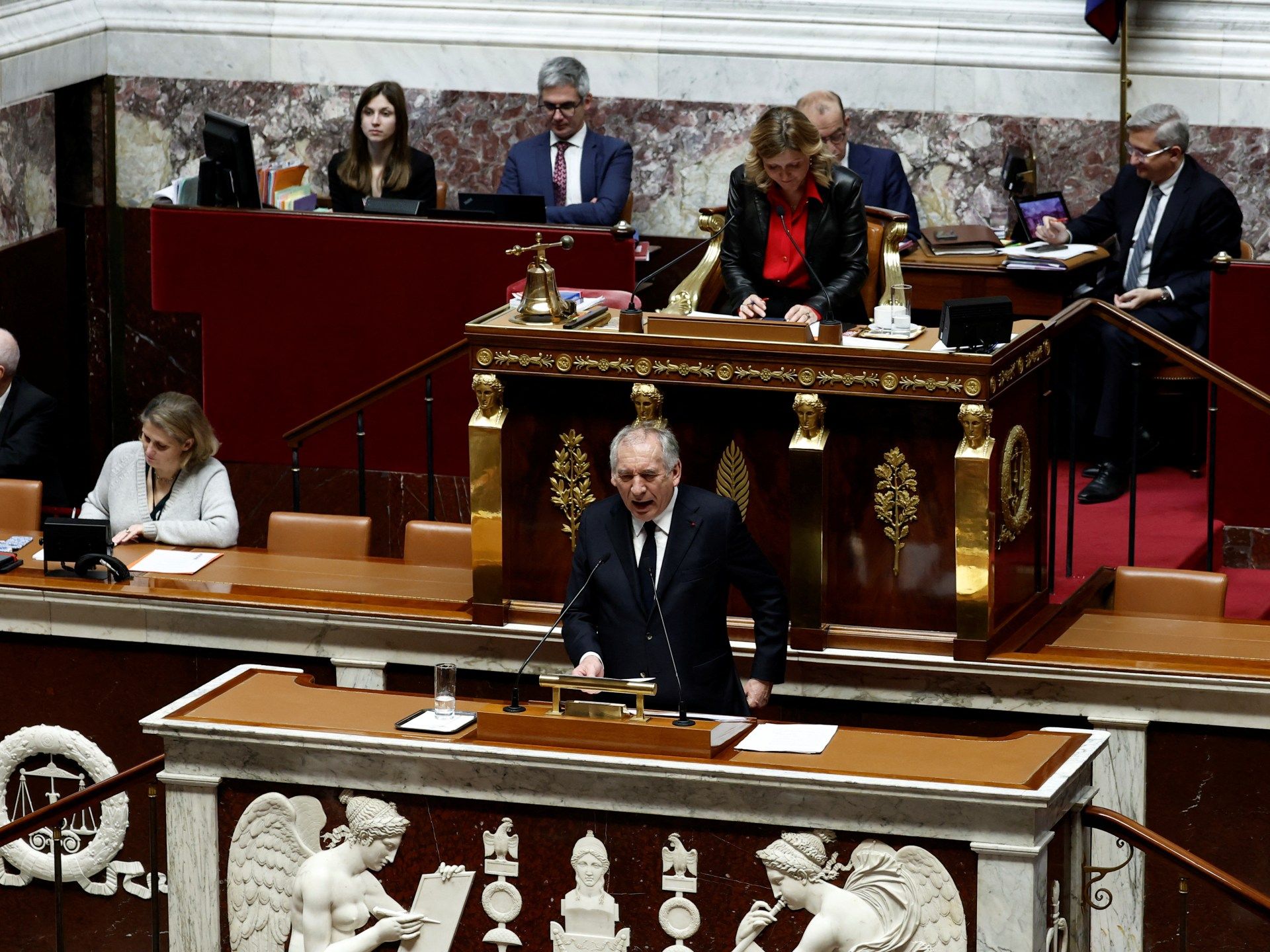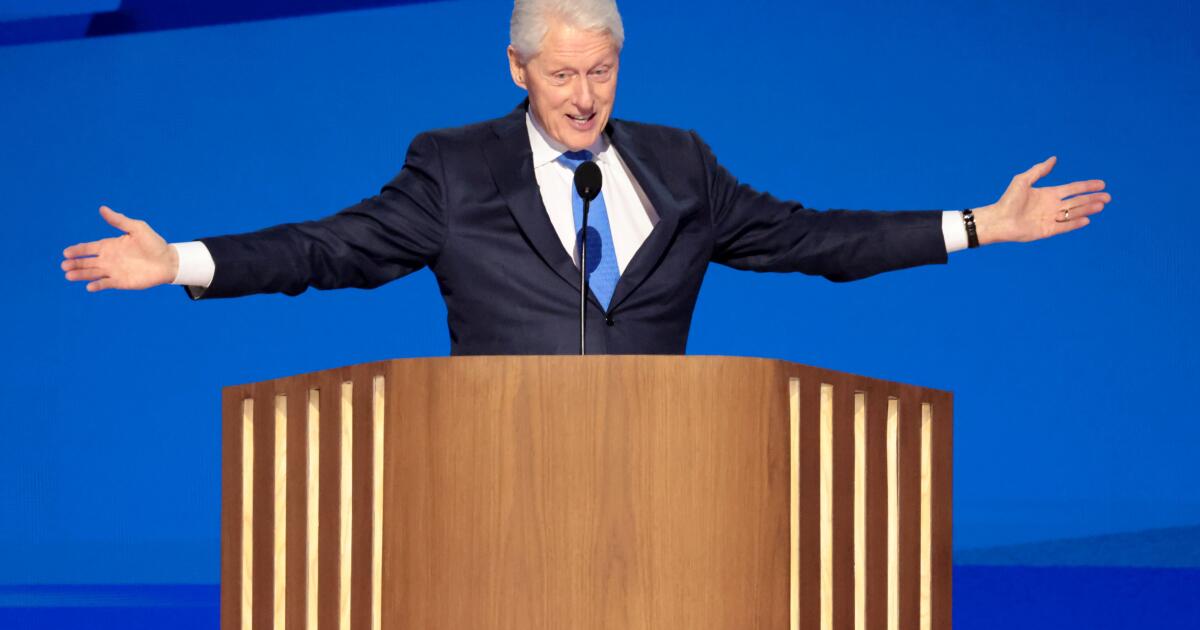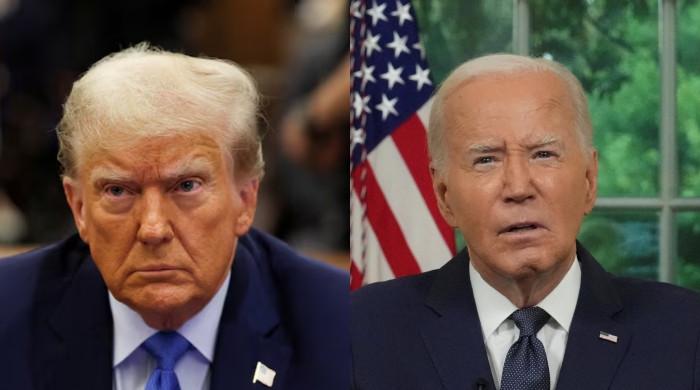Francois Bayrou wants to hold more talks to avoid another government collapse amid budget debates.
France's new prime minister has announced he will renegotiate the controversial plan to raise the country's retirement age in a bid to stabilize his government and pass a budget.
“I choose to put this issue back on the agenda of the social partners, for a short time and under transparent conditions,” said François Bayrou during his first speech to lawmakers in the National Assembly on Tuesday.
Bayrou, who was appointed last month after the fall of his predecessor's government, pledged to follow “a new path of reform” as long as an approved budget can guarantee financing and the “financial balance” of the pension system is maintained.
The plan to raise the retirement age from 62 to 64 was the cornerstone of reforms led by President Emmanuel Macron, who called early elections late last year, only to lose his active majority in parliament. One of the main stated goals of the reform was to unlock billions in funds to reduce the budget deficit and maintain pension stability.
The effort sparked months of mass protests from January to June 2023, with opposition groups and unions saying the reform would disproportionately affect certain groups, such as those with physically demanding jobs.
But it was approved in April 2023 and little by little it has begun to be implemented. In addition to the age limit, the law requires people to work 43 years to receive a full pension.
The new prime minister now intends to advance talks with other parties, particularly the socialists, to avoid another collapse of the government. Bayrou has so far not announced any definitive measures on disproportionately affected groups or the age of 64.
The Socialists have welcomed talks that would include pension reform, but the possibility of another no-confidence vote remains.
Center-right Republicans and Macron's centralist allies are currently supporting Bayrou's cabinet as it seeks to accelerate efforts to pass the 2025 budget.
The country is now relying on temporary measures to avoid a government shutdown, but needs a budget to help reduce France's deficit and allow for key spending, such as military spending amid Russia's war with Ukraine.
Far-right leader and Macron rival Marine Le Pen, who was instrumental in overthrowing the previous government, also continues to wield influence, as her National Rally party has the largest group in the lower house of parliament.
His ally and president of the National Rally, Jordan Bardella, criticized Bayrou's negotiations with the socialists.
Bardella warned Monday that his party would oppose any budget that would increase the cost of medicines, provide more health care to immigrants staying in France illegally and impose new taxes on businesses.












